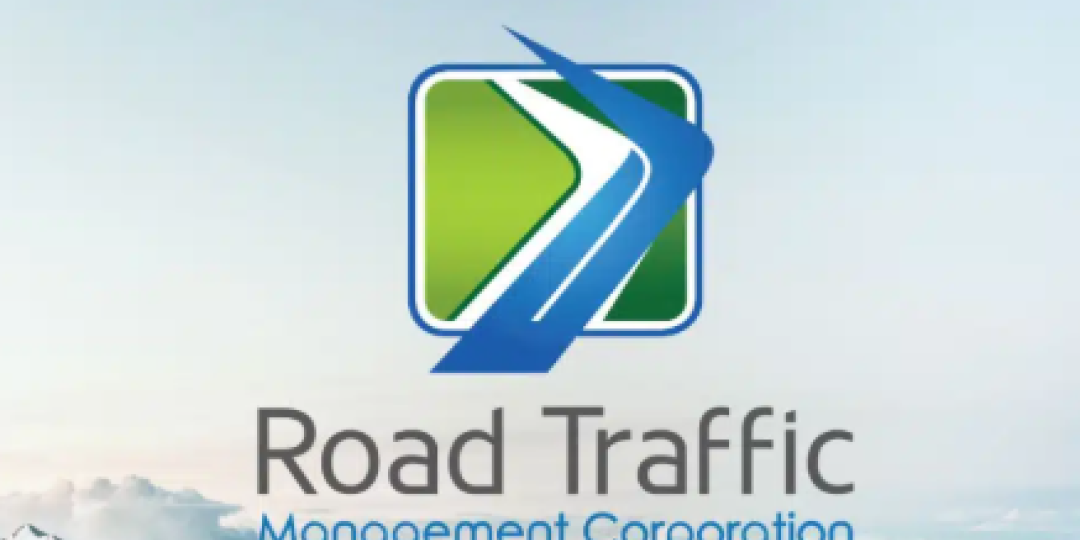The Organisation Undoing Tax Abuse (Outa) says it will continue to challenge the Road Traffic Management Corporation (RTMC) to disclose the method it uses to calculate transaction fees for motorists, even after the state-owned entity revealed it was heading to court.
This comes after the civil rights organisation said it had battled for more than two years to uncover information on how the RMTC determined its transaction fees, which it has kept hidden from the public.
“Every time South Africans apply for essential road-related services, transaction fees are charged. However, how these fees are calculated and justified remains a mystery. The RTMC collects these fees in addition to those charged by provinces for the same services, yet refuses to clarify the process behind them,” Outa said.
It has consistently pushed for transparency, demanding that the RTMC disclose the basis of these charges. However, the RTMC has opted for secrecy and legal delays.
“The RTMC is responsible for managing critical road-related services, yet they refuse to be transparent about the costs they impose on the public. If they have nothing to hide, why are they going to such lengths to block access to this information?” said Advocate Stefanie Fick, executive director of Outa’s accountability division.
“The RTMC’s strategy is to delay as much as possible, challenge us at every point, and cost us unnecessary legal fees, all to avoid accountability.”
The RTMC is a state-owned entity under the Department of Transport, mandated to improve road safety.
However, Outa said its records revealed “a massive accumulation of funds” from these fees.
In 2023/24, the RTMC collected R948.691 million in transaction fees, according to the RTMC annual report. The government grant to RTMC was R220.104m, and the RTMC ended the year with a surplus of R141.910m, bringing its accumulated surplus to R1.090 billion.
Outa said it had challenged the entity since November 2022 when it had submitted a Promotion of Access to Information Act (PAIA) request to the RTMC, asking for its internal documents detailing how fees were calculated, and how the collected fees were distributed. However, the RTMC refused to provide the fee explanation.
Outa submitted an internal appeal for the documents, which the RTMC rejected, and it then escalated the matter to the Information Regulator, saying access to the information was in the public interest.
The Information Regulator investigated and ruled in Outa’s favour in April 2024. However, the RTMC challenged the outcome, leading to the regulator issuing an enforcement order compelling the RTMC to release the information within 30 days.
The RTMC did not provide the information and instead told the Information Regulator on February 20 that it would challenge the enforcement order in court. It has 180 days from the enforcement order to file court papers.
Outa said this was not the first time the RTMC had refused to provide key documents. A November 2022 PAIA request to the RTMC, included a request for its research on the extension of driver’s licence validity periods.
“The RTMC initially claimed that such research existed, but later admitted that the documents did not exist. This raised serious concerns about the legitimacy of their claims and decision-making processes,” Outa said.
“If the RTMC has a history of claiming documents exist when they do not, how can the public trust them now? The refusal to disclose transaction fee calculations follows a worrying trend of avoiding transparency and accountability.”
Fick said the public deserved full transparency regarding the costs they were required to pay for essential services.
“By refusing to disclose this information, the RTMC undermines the principles of accountability and public trust. Government agencies must act in the best interests of the citizens they serve, not operate in secrecy to protect undisclosed agendas.”













